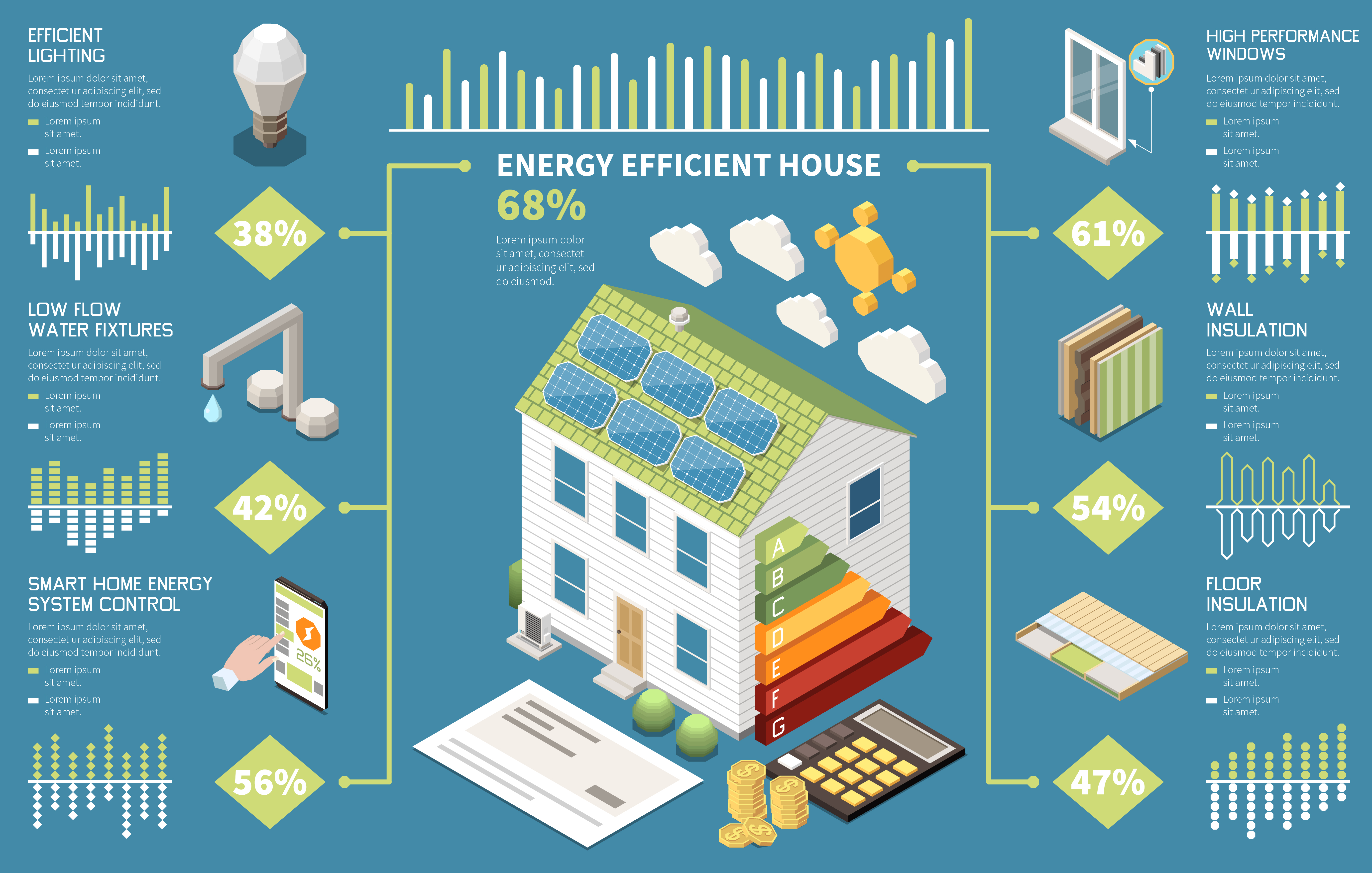Hey there, future homeowners and renter-extraordinaire! Ever felt like the property market is a bit like trying to solve a Rubik's cube blindfolded? Fear not! Today, we're diving headfirst into the world of "accessible properties" – and no, that doesn’t just mean a front door that’s easy to find!
You’ve probably heard the term thrown around like confetti at a New Year's bash. But what does "accessible property" actually mean? Well, it’s all about homes designed or adapted to make life easier for everyone, from wheelchair users to those who simply appreciate a bit of extra wiggle room.
Beyond the Doorway: A Symphony of Thoughtful Design
Sure, a spacious doorway might be the poster child of accessibility, but the magic of an accessible property lies in its holistic design. It's about creating a harmonious flow throughout the space. Picture this: gentle slopes instead of jarring steps, strategically placed handrails that double up as chic design elements, and light switches and sockets that are within easy reach – no acrobatic feats required.
The Heart of Accessible Property: Inclusivity and Convenience
At its core, "accessible property" isn't just a trendy catchphrase or a marketing gimmick. It’s a heartfelt commitment to inclusivity. Imagine a home where everyone, regardless of their physical abilities, can move around with ease, comfort, and – dare we say it – a touch of elegance. From grandparents with a few tales of wisdom (and possibly a hip replacement) to young families with rambunctious toddlers or even the clumsy among us (we all have those days!), accessible properties are designed to cater to all.
The All-You-Can-Live Buffet: Where Space Takes Center Stage
When we talk about accessible properties being a property market's version of an all-you-can-eat buffet, we’re not exaggerating! Think of it as an expansive layout where space isn't a luxury but a given. It’s about rooms that are airy and uncluttered, allowing for effortless navigation. Imagine hosting dinner parties where your guests can move from the living room to the dining area without needing a map (or a guide dog). Or picture lazy Sundays where even the simple act of making coffee feels like a serene dance, thanks to a kitchen that's been designed with accessibility in
Why Should You Care?
Let’s face it, life throws curveballs. Whether it’s a sudden injury, a stroller-bound new family member, or just those days when you feel like you’ve got the gracefulness of a baby giraffe on ice skates, an accessible property can be a lifesaver. Plus, they're future-proof! That trendy scooter you’ve got your eye on in a few years? It'll glide through the place like a dream.
But is it Stylish?
Ah, the million-dollar question! Just because a property is accessible doesn’t mean it’s stuck in the 90s with beige walls and clinical tiles. Today’s accessible homes can be stylish, chic, and downright envy-inducing. So, when you invite your friends over for a housewarming, they’ll be too busy admiring your décor to even notice the practical perks!
Things to Look Out For:
- Step-Free Access: Perfect for those days when you’re channelling your inner royalty and want a smooth entrance.
- Adaptable Features: Think adjustable kitchen counters and lower light switches – because one size doesn't fit all.
- Wider Spaces: Not just for dancing, but also for navigating with ease and grace (or a lack thereof, no judgment here).
In Conclusion:
When it comes to finding your dream property, accessibility should be on everyone's checklist. It's not just about practicality; it’s about creating a space that suits your current needs and future aspirations. So, here’s to open doorways, spacious living, and homes that make life just a tad bit easier – because who said property hunting can’t be a fun-filled adventure?
Happy house (or flat or bungalow or mansion) hunting!







